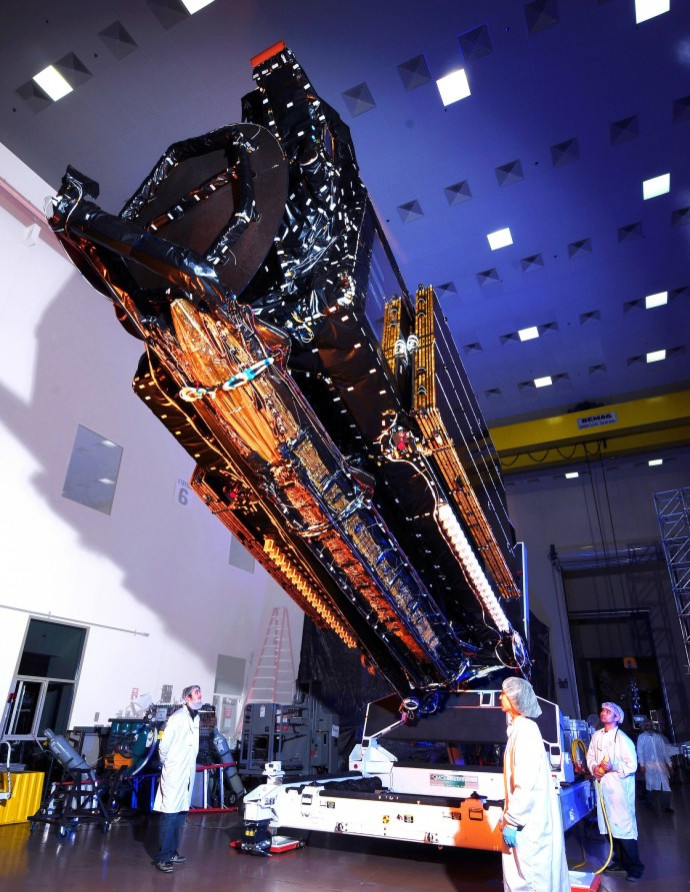Judge Approves EchoStar Loan To TerreStar

A bankruptcy court approved a financing package for TerreStar Networks over objections from several other classes of creditors.
In the New York State Bankruptcy Court's Southern District, Judge Sean Lane approved a $75 million loan from EchoStar, which will see the company through the next few months. TerreStar Networks is a satellite communications company that filed for chapter 11 bankruptcy last month, after finding itself unable to cope with a $1.2 billion debt load.
Under EchoStar's plan, TerreStar Networks would get $75 million in financing. The company's $944 million of senior debt would become 97% of the equity of a new TerreStar Networks. The rest of the equity would be shared between the exchangeable notes, which add up to $179 million, and the other unsecured creditors. EchoStar is also offering to back $100 million of a proposed $125 million stock offering that would repay the $75 million loan.
EchoStar owns $464 million of the company's debt and a majority of TerreStar's senior debt, a set of 15% bonds.
Marathon Asset Management, which is a large holder of the common stock of TerreStar's parent company, said it was willing to offer its own financing plan at the hearing, and Marathon's attorney, Philip Anker, outlined some provisions of his client's own $75 million loan.
But Arik Preis, a lawyer for TerreStar, said the term sheet Marathon sent was not the same as a real commitment. He added that if Marathon, or anyone else, was that interested in providing financial help to TerreStar, they would have come forward previously.
In his ruling, Judge Lane agreed that the existence of the Marathon offer wasn't in itself a reason to block EchoStar's plan.
In approving the plan, the court swept aside several other creditors' objections. One centered on the way TerreStar's financial advisor, the Blackstone Group, sought out investors. Another point of contention was the timeline of restructuring.
EchoStar's plan included milestones - one of which was filing an acceptable plan by Nov. 5. The problem for many creditors was defining what was meant by an acceptable plan. Other milestones included filing for transfer of the FCC licenses and confirming the restructuring plan by February. All of them thought the milestones pushed the bankruptcy process too quickly, and gave EchoStar too much control.
At the hearing, Steven Zelin, senior managing director at the Blackstone Group, said the firm contacted about 40 potential buyers and investors, and three were sent non-disclosure agreements.
He also testified that the company spoke with Harbinger Capital Partners and AT&T, which markets dual-band smartphones for the company's network. But the company failed to garner interest from anyone except EchoStar.
David Posner, an attorney representing the official committee of unsecured creditors, said of Zelin that the agreements with EchoStar effectively tied his hands until late August, preventing Blackstone from actively seeking other buyers.
Zelin noted that the company was limited to window shopping for a period of time, meaning that it was only taking incoming calls from interested firms. But he noted that the firm had called many potential investors before the window shopping period began in order to gauge interest.
The creditors objecting to the plan did get some concessions. One was dismissal of the bankruptcy case against the above the line entities - a set of TerreStar subsidiaries as well as the parent company that were not debtors. TerreStar also agreed to drop the restructuring support agreement it had with EchoStar.
© Copyright IBTimes 2025. All rights reserved.



















